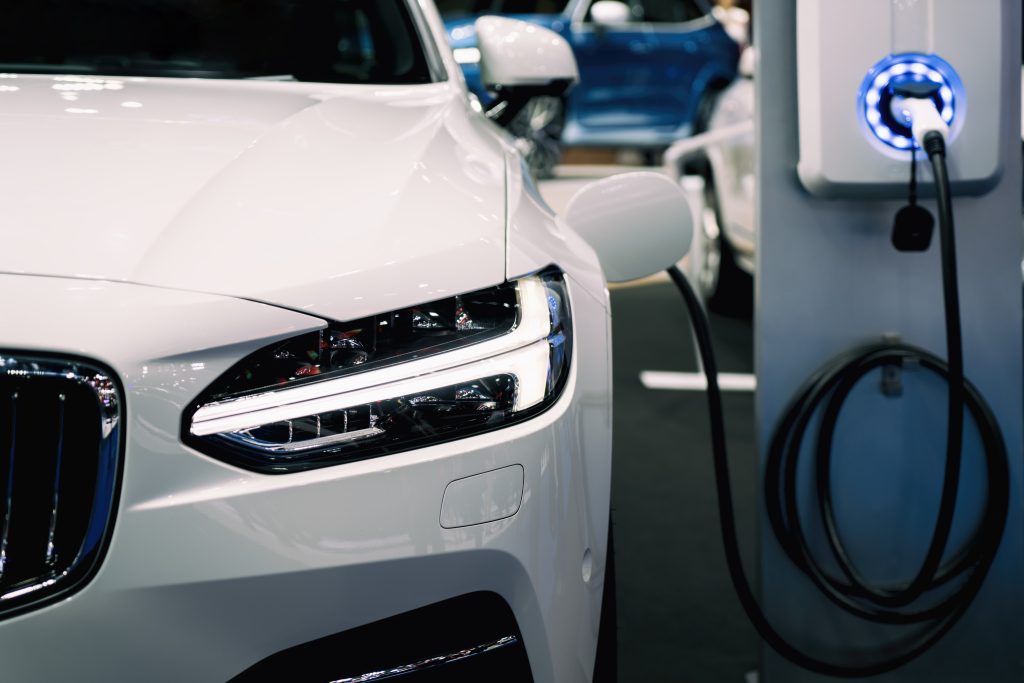The Environmental Protection Agency recently proposed more stringent vehicle emission standards, which could significantly help reduce air pollution in Pennsylvania and across the country. It also could accelerate the automobile industry’s switch to electric vehicles. According to the E-P-A, the proposed standards would improve air quality for communities across the nation, especially communities that have suffered the most from polluted air.
Chris Harto, senior policy analyst of sustainability policy with Consumer Reports, said the E-P-A’s proposal for performance standards is for new vehicles through 2032. He added these are technology-neutral standards and automakers have to reduce the emissions from their vehicles, by whatever means they can.
“It’s going to mean that automakers are going to build more electric vehicles, hybrids, plug-in hybrids, cleaner vehicles that are going to reduce your fuel bill while reducing emissions,” Harto said.
The E-P-A projects that 67% of new light-duty cars sold in the U-S could be electric by 2032 under the new proposed clean-car regulations. Harto pointed out they have seen a rapid increase in consumer demand for electric vehicles. He adds one of their recent surveys showed about a 350% increase in electric-vehicle interest in consumers.
The E-P-A projects the proposed standards would avoid nearly 10 billion tons of carbon dioxide emissions through 2055, reducing harmful air pollution and lead to fewer premature deaths and serious health effects. The agency-proposed standards would also save the average consumer $12,000 over the lifetime of a light-duty vehicle. Harto said in many cases, E-Vs are cheaper to own than owning a gasoline-powered vehicle.
“Right now a lot of EVs cost a little bit more to buy, they deliver significant savings on fuel and maintenance, that can add up to more than the increase in monthly payment,” Harto said. “So you might pay a little bit more in your monthly payment for an EV, but you get that money back from your fuel savings and not having to do your oil changes and all that regular maintenance.”
Harto added the E-P-A is currently taking public comment on the proposal, and a final rule can be expected by the end of this year or the beginning of 2024.The final rule would go into effect in 2027.




